If you're looking to buy or sell items online in Pakistan, free classified websites can…
What is digital intelligence? importance of digital intelligence
The world has changed so fast that it has become very difficult for the common man to run at this speed.
Advances in technology have accelerated this pace of development. New inventions and skills are increasing day by day. Keeping yourself updated in this changing age is a daunting task. While Practical Intelligence IQ and Emotional Intelligence EQ have helped to understand human psychology and attitudes, Digital Intelligence DQ has revolutionized technology and its effects.
advertisement
What is this digital intelligence, why is it important and why is it necessary to be aware of it to make our world safer and better? We will talk about this in this article.
Digital intelligence has become very important in a world that is rapidly moving towards digitalization. That's why Information and communication technologies (ICT) require skills and competencies. it is more than just learning how to use a smartphone or tablet.
It should be one of the top priorities for society, especially for the education sector, as it is a big challenge for parents and teachers to provide digital intelligence to children.
Today's world is not what it used to be 20 years ago, nor will tomorrow's world be the same today. Digitization has radically changed the way we think, feel and live, and its evolution is so twisted that change that once seemed impossible is now commonplace.
Therefore, change management has emerged as a basic skill for people in the 21st century. But more important is the teaching of digital intelligence.
Digitization of education: the beginning of a new era
Education is one of the areas in which digitalization has had the greatest impact. ICT has been incorporated into classrooms and homes, but beyond these tools, the important question is, "How can we educate people for today and the next world?"
With the development of digital intelligence, There is education and thinking far beyond using the phone. The key point here is to equip people with the skills necessary to deal with the challenges of digital life.
advertisement
The Internet has made access to education universal, but due to digital distribution, this facility is not equal everywhere. Online education has become a kind of alternative to regular education which has not only helped to keep the classes going during COVID-19 but has also enhanced the lifelong learning process. Especially for those who study with job responsibilities. This has put us in a world that is pushing us to learn all our lives.
What is digital intelligence?
In 2016, the DQ Institute coined the term (based on which the World Economic Forum later launched the #DQEveryChild Movement), which defines digital intelligence as "a combination of social, emotional and cognitive skills that enable people to It enables us to meet the challenges and demands of digital life.” Digital intelligence also tells us that these challenges are not exacerbated by the tools we use, but by the experiences they have access to. Give
Digital intelligence has become critical to developing the digital skills and digital profiles that are sorely needed in this century. Experts, therefore, aim to move beyond thinking of ICT as a new learning platform and to develop their students' ability to excel in a world where digital media has always existed.
Just as we can measure General Intelligence (IQ) and Emotional Intelligence (EQ), the DQ Institute claims that Digital Intelligence (DQ) can also be measured. It can be used more effectively at a very young age.
Digital intelligence can effectively combat threats such as cybercrime, fake news, information theft, or misinformation (fake news).
There are levels and capabilities of digital intelligence that can be mastered to lead a safer and better digital life. Digital intelligence is divided into three levels:
Level 1: Digital Citizenship is about using technology and digital media safely, responsibly, and effectively.
Level 2: Digital creativity in which the art of creating new content and turning ideas into reality can be learned using digital tools.
Level 3: Digital Entrepreneurship uses digital media and technologies to address global challenges or create new opportunities.
In addition, digital intelligence has many capabilities that are very important to learn.
advertisement
Digital Identity: In it, you build your online identity and reputation and understand your online personality and assess the short- and long-term effects of your online presence.
Digital use: Maintaining a healthy balance between your online and offline lives requires easy access to digital tools and media, including self-accountability.
Digital Security: It teaches you tools to avoid online threats and limit their effects (cybercrime, grooming, radicalism, etc.) as well as problem content (violent or pornographic material).
Digital Security: Understanding best practices for detecting cyber threats (piracy, scams, malware, etc.) and using appropriate security tools to protect data.
Digital Emotional Intelligence: It teaches users how to become a painkiller and build healthy online relationships with other people.
Digital Communications: Communicates and collaborates with other people using digital technologies and media.
Digital Literacy: This ability seeks to find, test, use, share and create content, and develops computational thinking.
Digital Rights: This is about understanding and defending digital rights. (Such as privacy, intellectual property, freedom of expression, and protection against hate speech).
How can we promote digital intelligence?
As the Fourth Industrial Revolution, with which our lives are connected, progresses, the health and well-being of societies around the world will depend on digital intelligence. Children are already immersed in the digital world. It is at their fingertips and they will explain the world of tomorrow, but to do so they need to be equipped with the necessary skills. To achieve this goal, the entire society, and the public and private sectors must work together.
The state needs to understand the importance of digital intelligence based on a digital society and emphasize the implementation of programs that promote the digital capabilities of its citizens. It needs to fill the gaps in the education system and provide them with resources and skills. The digital world is full of opportunities, but it is also a source of concern for parents and teachers.
advertisement
Therefore, education should start in the sphere of influence of children. Parents at home and teachers at school should monitor this process. Assessment opportunities that enable children to better understand their strengths and weaknesses are vital for success.
Digital intelligence requires young people who are rooted in universal moral values to become good digital citizens. Help them make informed choices and guide them to stay safe and secure in the digital world. The Digital Intelligence Platform aims to teach and test children on digital citizenship, moral character, and critical thinking.
The history of digital intelligence is such that digital intelligence content (DQ) was first developed and its framework was developed in 2016 by Dr. Yohyun Park. It has been developed through a rigorous academic process by research teams from various universities, including Nanyang Technological University, the National Institute of Education in Singapore, Iowa State University, and many other universities.
Its concept and framework were published by the World Economic Forum in 2016 and since then the DQ Framework has been widely used by numerous industries and organizations locally and internationally.
Knowing this whole situation, we need to understand how we can protect our future and present generations. This is a fact that no one can deny because we can see it in our homes by watching cartoons and scaling children on mobile phones.
We are always slow to adapt to changes in the world, but this change is so rapid that one year is equal to ten years. Emphasis should be placed on imparting maximum awareness and awareness in this regard in our schools, colleges, and universities. We need to change our thinking and understand the need of the hour. Parents and teachers need to follow a few key points to keep their children's beautiful world safe.
advertisement
Help children think about what they are sharing, why they are doing it, and with whom. This should be the starting point for what children are sharing. Do kids know it's appropriate? This kind of conversation will help you lay out the basic principles of children's access to the world before putting it at their fingertips. Parental supervision plays an important role because there is a lot of inappropriate material in front of children.
However, with the right information, you must do what you can to protect your children. Take steps such as installing monitoring software. Tell children about your experiences. Talk to your kids about what's going on online. When you spend time talking, you get to know how your children think.
advertisement
Even young children have access to information because they use the Internet and Google for homework. Talk about who they call their friend. Find out what they talk about online when they're with their friends. As a parent, spend time chatting with your children's friends. Parents and carers should research and find out what's going on in the Internet world.
They should be more aware of all the new trends and effects. Digital intelligence is an attractive world that no human being can live without being affected by, so being fully aware of it enables us to create our own positive identity and be part of a safer world.
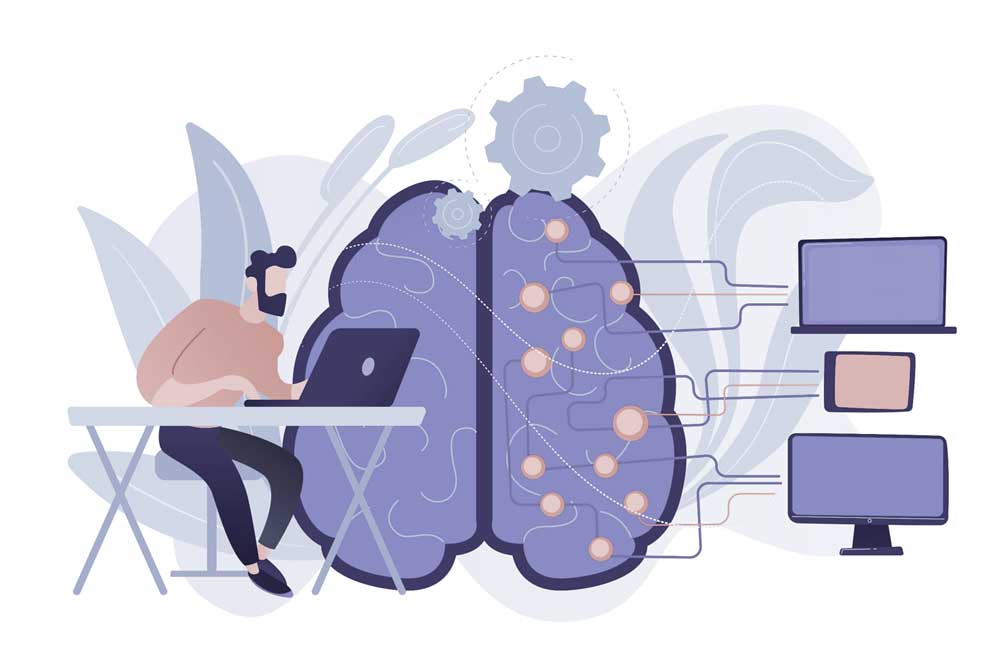







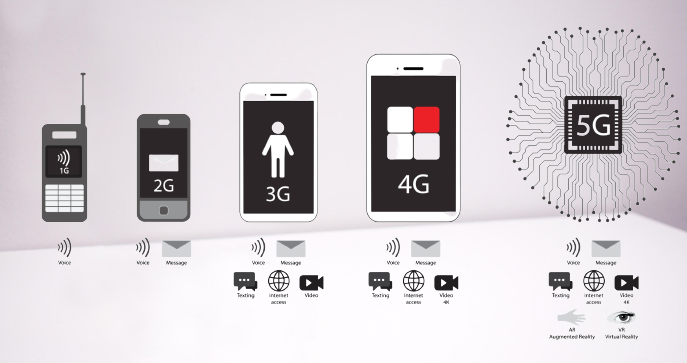


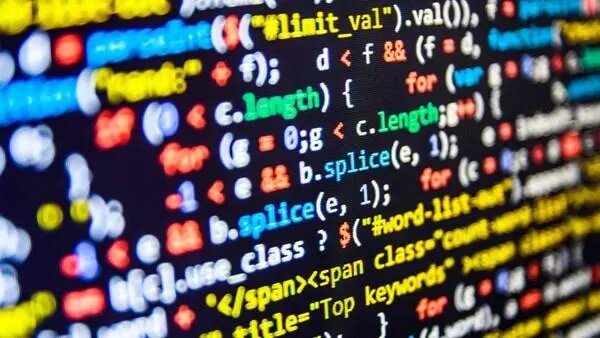

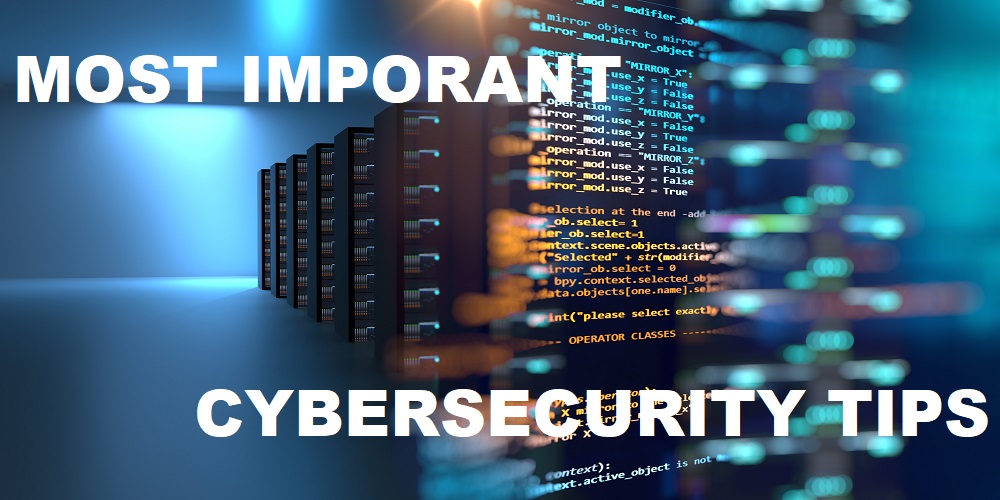


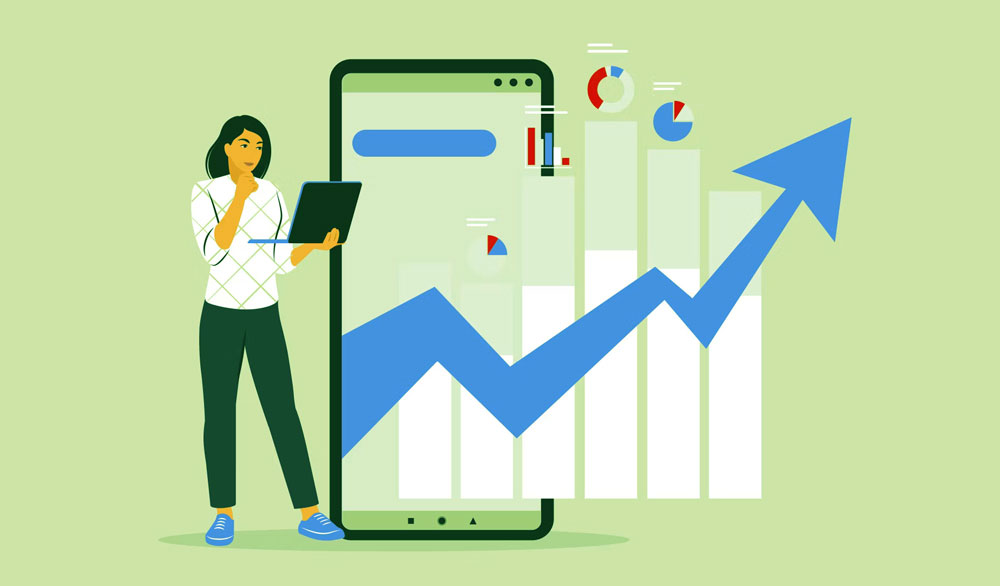






Kinza Rao – Associate Software Engineer